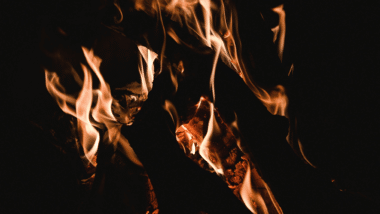Posting evangelical Christian content on the internet, or via social media, without permission from the Communist Party has been declared illegal in China.
Under new regulations, only the five officially sanctioned religions – Three-Self Church Protestantism, Roman Catholicism, Daoism, Buddhism and Islam – will be eligible to apply for a special licence.
The Measures for the Administration of Internet Religious Information Services now bar Chinese House Churches from sharing anything of a religious nature online.
John 3:16
Bob Fu, founder of religious freedom group ChinaAid, said: “If you post any religious-related content on the Internet without a licence, it’s declared totally illegal.”
He added, that even with a permit, sharing “John 3:16, or the Great Commission of Matthew 28” would be deemed subversive of state power and forbidden.Christians will be cut off from access to online spiritual resources
A Chinese Christian told Open Doors: “This new law now brings the church’s extensive use of the internet for evangelism and spiritual nourishment to a halt.
“Consequently, Christians will be cut off from access to online spiritual resources.”
Turning the screw
Last year, the Chinese Communist Party implemented new measures requiring ‘authorised’ religious leaders to be logged on a national database.
In order to be registered – and remain on the register – leaders are required to belong to one of the five state-recognised religions, “support the leadership of the Chinese Communist Party” and not be “dominated by foreign forces”.
For the second year in a row, Open Doors has numbered China among the worst twenty offenders in its annual ranking of countries where Christians face the most severe persecution.
Also see:
Global state harassment of Christians revealed
Christians being ‘harassed’ in over 100 countries, major report confirms
Govt plans to deliver all persecution report recommendations by 2022
Christians in India expect further persecution amid conversion law fears


